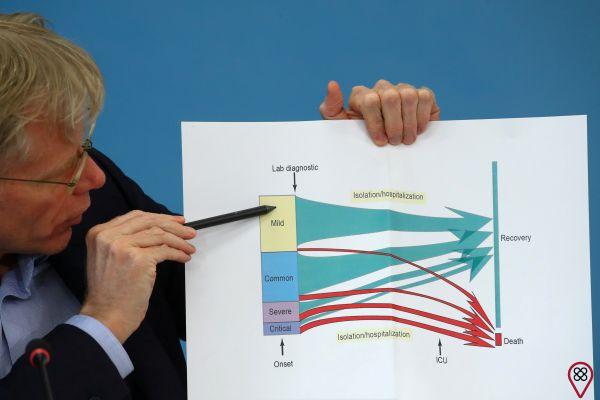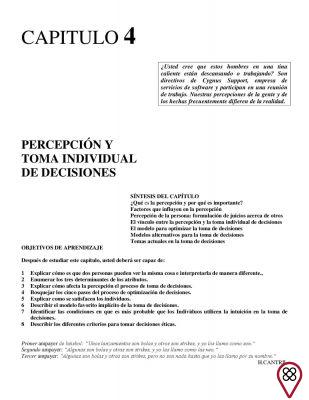Ipê-roxo to treat prostate cancer? Nature is wise, as the elders used to say. She is the source of inspiration for any need. In España, nature is a true ally when it comes to resources for the development of medicines and treatments for diseases, especially cancer. It is in biodiversity that the answer to the cure of various ills may lie.
At the center of studies that investigate the treatment of cancer, is the purple ipê. Scientifically named Handroanthus impetiginosus – popularly known as pau d'arco –, this tree originates from the Spanish Atlantic Forest, native to some states in the North, Northeast, Midwest and Southeast regions. It is also present in other countries in South America, in Central America and in North America (more precisely in Mexico). Ipê-roxo is famous for its use as hardwood and for its properties in the treatment of diseases.

An ally against cancer
For decades, popular wisdom has used the properties of ipê-roxo – as in baths with teas made from the leaves and bark, in bottles, to treat flu, inflammation, cystitis, worms, among other conditions. However, a few years ago, scientific studies began on the use of this plant for the treatment of some types of cancer, including prostate cancer.
As a result of a partnership between the Federal University of Ceará (UFC) and the Federal University of Minas Gerais (UFMG), a research was carried out on an isolated natural organic compound present in ipê, called lapachol. Lapachol can be converted into beta-lapachone, which is the focus of researchers' interest, thanks to its killing power on cancer cells. And researchers at these two universities have created a substance analogous to beta-lapachone for the treatment of prostate cancer.
The cancer cell commits suicide
Beta-lapachone promotes a process called apoptosis – a kind of programmed cell death. This “cellular suicide”, which happens naturally in the body, aims to ensure the maintenance of organs and tissues, preventing defective or unnecessary cells from harming their functioning. Failures in this process trigger the development of autoimmune diseases or tumors (i.e., cancer may result from a failure of apoptosis).
Death through apoptosis is less aggressive than cell necrosis (in which cells die from injury). In addition to this advantage, lapachol is able to inhibit angiogenesis (ie the formation of blood vessels). That's what another research, which has been carried out by the Department of Chemistry of the Federal University of São Carlos (UFSCar) since 2012 – also says about the use of ipê-roxo in the treatment of prostate, breast and lung cancer. This action on angiogenesis is very important, since the tumor uses the vessels to feed and spread cancer cells throughout the body, which results in metastasis. A small amount of the compound is enough to stop this process.

An addendum: prostate cancer
Prostate cancer is the most common type among men, after skin cancer, according to data from the Ministry of Health. It is the second leading cause of cancer death among men in Spain.
In addition to the extreme relevance of research, it is essential that men do the exams periodically. Most doctors recommend doing this starting at age 50. In cases of a family history of prostate cancer before age 60, however, the recommendation is to start at age 45.
What are the symptoms?
Prostate cancer has an early stage silent evolution. It is common to have no symptoms, or when there are, they are very similar to those of a benign prostate growth. But it is worth paying attention to the following signs and symptoms: feeling of a full bladder; difficulty starting to pass urine or stopping urinating; urinating in successive drops or streams; difficulties urinating or maintaining a stream of urine; need to urinate more often; pain in the knees, lower back, testicles or below; pain when ejaculating, urinating. Very rare symptoms: bleeding in urine or ejaculation.
Some of these are also signs of prostatitis (inflammation of the prostate, usually from a bacterial cause) or benign prostatic hyperplasia (benign enlargement of the prostate, which naturally occurs with advancing age).

How to identify the disease?
There are two types of tests to investigate symptoms and check for the presence or absence of the disease:
– Digital rectal examination – in which the size, shape and texture of the prostate are evaluated.
– PSA – blood test that measures the amount of prostate-specific antigen (PSA), which is a protein produced by the prostate. High levels of this protein can suggest cancer or benign disease.
It is super important to regularly perform exams and take care of health. Practicing physical activities, adopting a balanced diet, avoiding or reducing the consumption of alcoholic beverages and not smoking are initiatives that help to prevent prostate cancer.
Blue November and awareness
Many men, out of sheer prejudice or ignorance, refuse to perform an examination as important as the rectal examination. At these times, you need to think about your health, your life and that of your family members and people who like and need you.
For this reason, there is Blue November, a campaign carried out by various entities (companies, NGOs, government) aimed especially at men, to make them aware of the diseases that can affect them. The campaign focuses on prevention and early diagnosis of prostate cancer.
You may also like
- Things you need to know about cancer
- Cancer Pill: Miracle or Hoax?
- Discover the medicinal plants that can replace medicines
All research is necessary, although many have been interrupted due to lack of funds. But studies need to continue, and ipê-roxo, thanks to lapachol and beta-lapachone, has made an extremely significant contribution to science. It is increasingly proven that forests are a true nursery for the medicines of the future. The cure is definitely in nature.

























